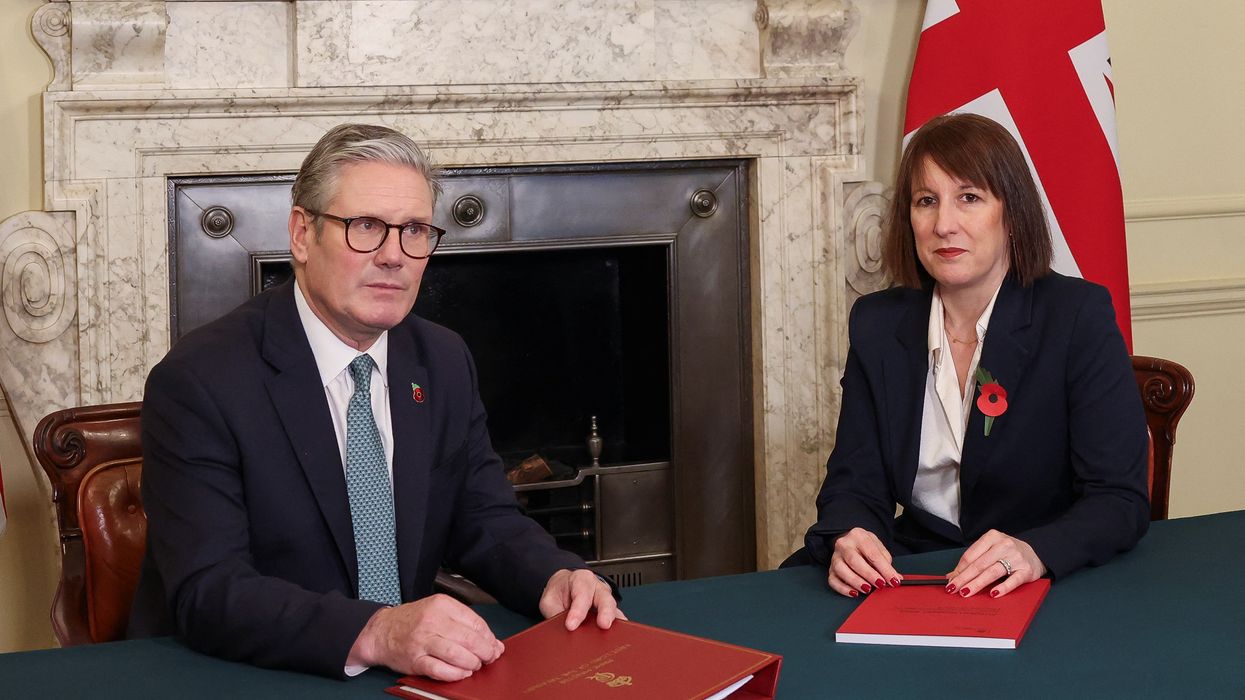THERE are a few Labour MPs who think “Rachel from accounts will be gone sooner than you think”.
She has certainly outdone Liz Truss in trashing the economy, but the prime minister, Sir Keir Starmer, will be loath to sack Rachel Reeves as chancellor because his own future is tied up with hers.
That said, if the prime minister’s own position was threatened – and he is known to be ruthless when he thinks his personal interests are being undermined – he may have to do what now seems unthinkable.
Imposing VAT on private school fees was a bad idea. It has come across as vindictive. It is forcing schools to close, causing misery for countless children and not helping the state sector either.
Even Labour MPs are angry the chancellor took away the winter fuel allowance from poor pensioners. How many extra deaths have been caused this winter because of her actions?
Businesses are putting up prices, reducing staff numbers, or not recruiting, because of the rise in national insurance. Threatening food security by increasing inheritance tax is dangerous. Britain should be as self-sufficient on food production as possible. What if there was war?
And her policy in driving non-doms out of Britain has been an unmitigated disaster. She may soften the policy, but the damage is already done.
Where she is right, though, is in wanting expansion at Heathrow. We are familiar with the arguments on both sides, but Britain has to plan for the future.
She should also revive HS2 which former Conservative prime minister Rishi Sunak was unwise enough to cancel, especially after all those homes were bought on the proposed route. Last week when I took a day return to Manchester, for example, it took three hours to get there and four to return to Euston. If Japan can have bullet trains, why not the UK? If London-Manchester were to take an hour, the economy of the north would be transformed.
Boris, where are you? It is crucial for India and Britain to “Get FTA done”. With the UK’s help, India can develop faster. And if Britain can ride piggy back on the India growth story, it would help boost the economy. Perhaps Wes Streeting is among Labour politicians who understands this, but it is unlikely Reeves does.
In the next reshuffle, Starmer should consider moving her to something like Northern Ireland, Scotland or Wales. She would be a better fit for the Labour party’s National Executive Committee. As things stand, the job of a chancellor is too important to be left to someone who has done so much damage in so short a time. This is not meant to be a personal attack. In private she is probably a thoroughly decent human being. But taking away the winter fuel allowance could be instrumental in Labour losing the next general election – which, funnily, at this stage, I don’t want.




